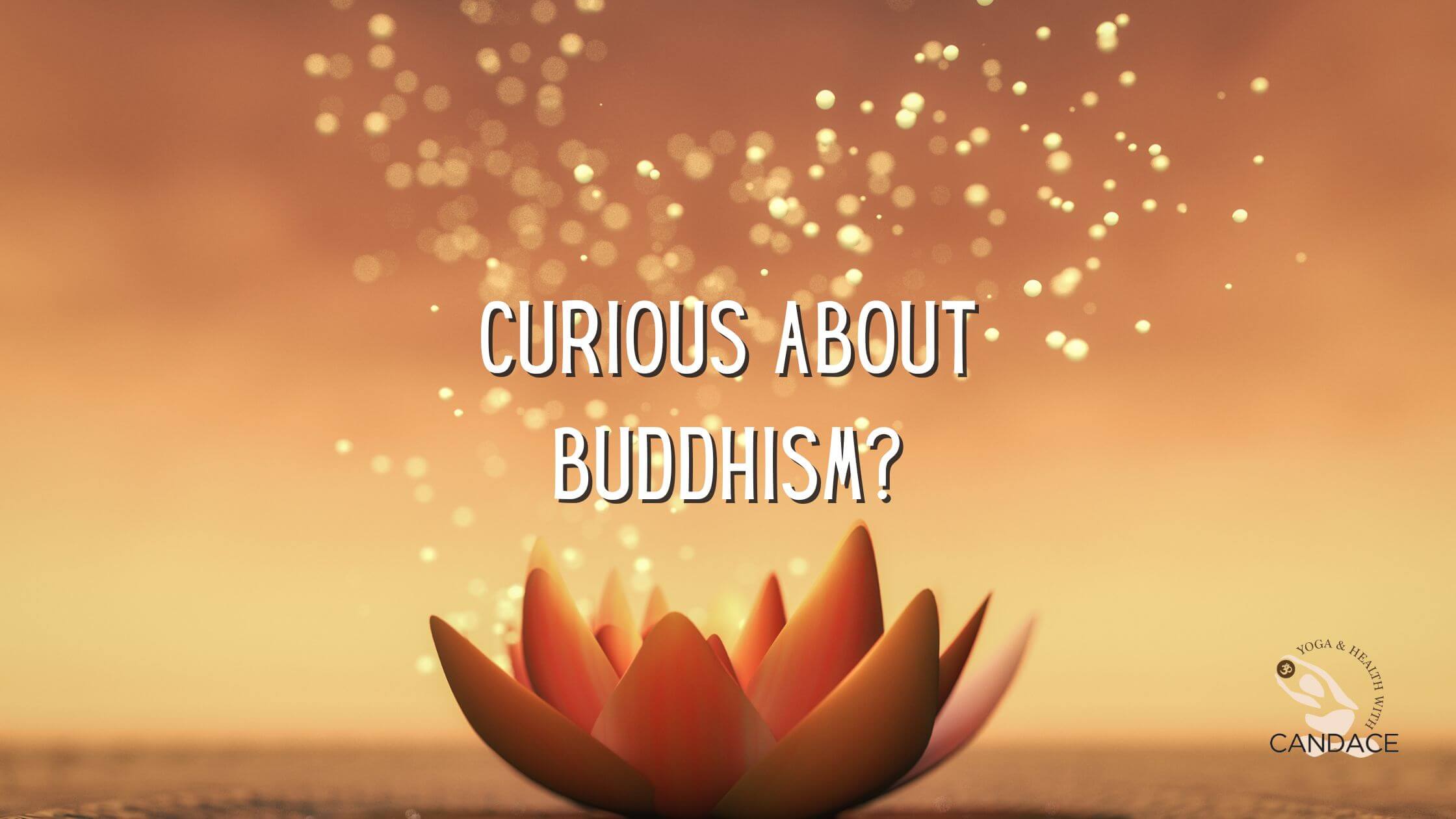Curious about Buddhism?
Here are some facts:
Buddhism has played a central role in the spiritual, cultural, and social life of Asia, and, beginning in the 20th century, it spread to the West.
Buddhism is one of the world’s largest philosophy and lifestyle practices. It originated 2,500 years ago in India. Buddhists believe that the human life is one of suffering, and that meditation, spiritual and physical labor, and good behavior are the ways to achieve enlightenment, or nirvana.
The five basic moral precepts, undertaken by members of monastic orders and the laity, are to refrain from taking life, stealing, acting unchastely, speaking falsely, and drinking intoxicants.
There is no belief in a personal god. Buddhists believe that nothing is fixed or permanent and that change is always possible. The path to Enlightenment is through the practice and development of morality, meditation and wisdom.
Many Buddhists interpret this to mean that you should not consume animals, as doing so would require killing. Buddhists with this interpretation usually follow vegetarian diet.
Generally, Buddhist teaching views life and death as a continuum, believing that consciousness (the spirit) continues after death and may be reborn. Death can be an opportunity for liberation from the cycle of life, death and rebirth.
In Buddhism, the Seven Factors of Awakening (Pali: satta bojjhaṅgā or satta sambojjhaṅgā; Skt.: sapta bodhyanga) are:
- Mindfulness (sati, Sanskrit smrti). To maintain awareness of reality, in particular the teachings (dharma).
- Investigation of the nature of reality (dhamma vicaya, Skt. dharmapravicaya).
- Energy (viriya, Skt. vīrya) also determination, effort
- Joy or rapture (pīti, Skt. prīti)
- Relaxation or tranquility (passaddhi, Skt. prashrabdhi) of both body and mind
- Concentration, (samādhi) a calm, one-pointed state of mind,[1] or clear awareness
- Equanimity (upekkha, Skt. upekshā). To accept reality as-it-is (yathā-bhuta) without craving or aversion.
The Pali word bojjhanga is a compound of bodhi(“awakening,” “enlightenment”) and anga (“factor”).
The goal of Buddhism is to become enlightened and reach nirvana. Nirvana is believed to be attainable only with the elimination of all greed, hatred, and ignorance within a person.
Can anyone can become a Buddhist?
You will need to take refuge in the Triple Gem and follow a ceremony during which you take a vow to uphold the Five Precepts (to not kill, not steal, not commit sexual misconduct, refrain from false speech and not take intoxicants that lessen your awareness).
With 360 million followers, Buddhism is the fourth largest practice in the world. In Buddhism, there is no single holy book. Extensive scriptures have been preserved in many Asian languages. Buddhists don’t believe in a supreme being or creator god.

